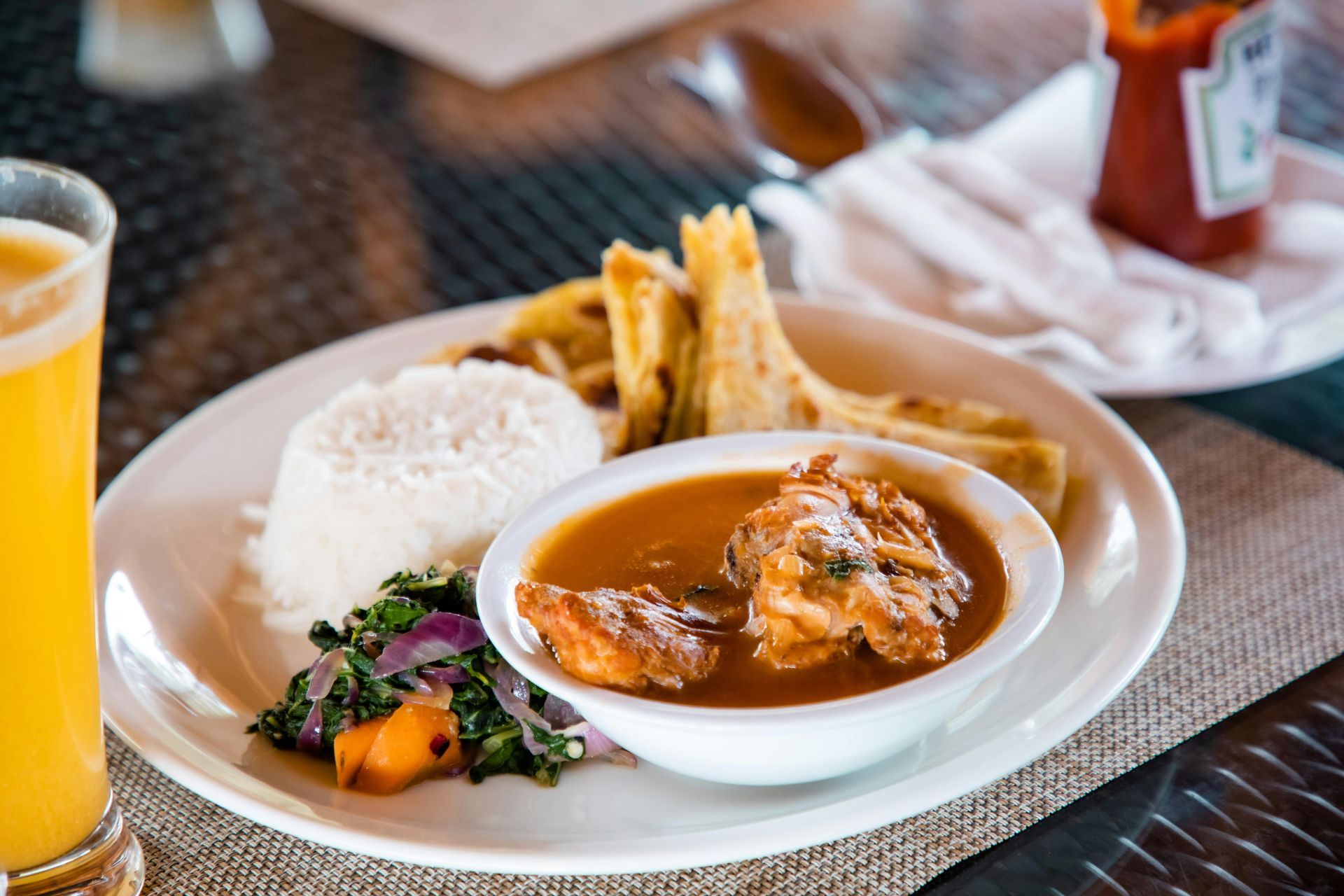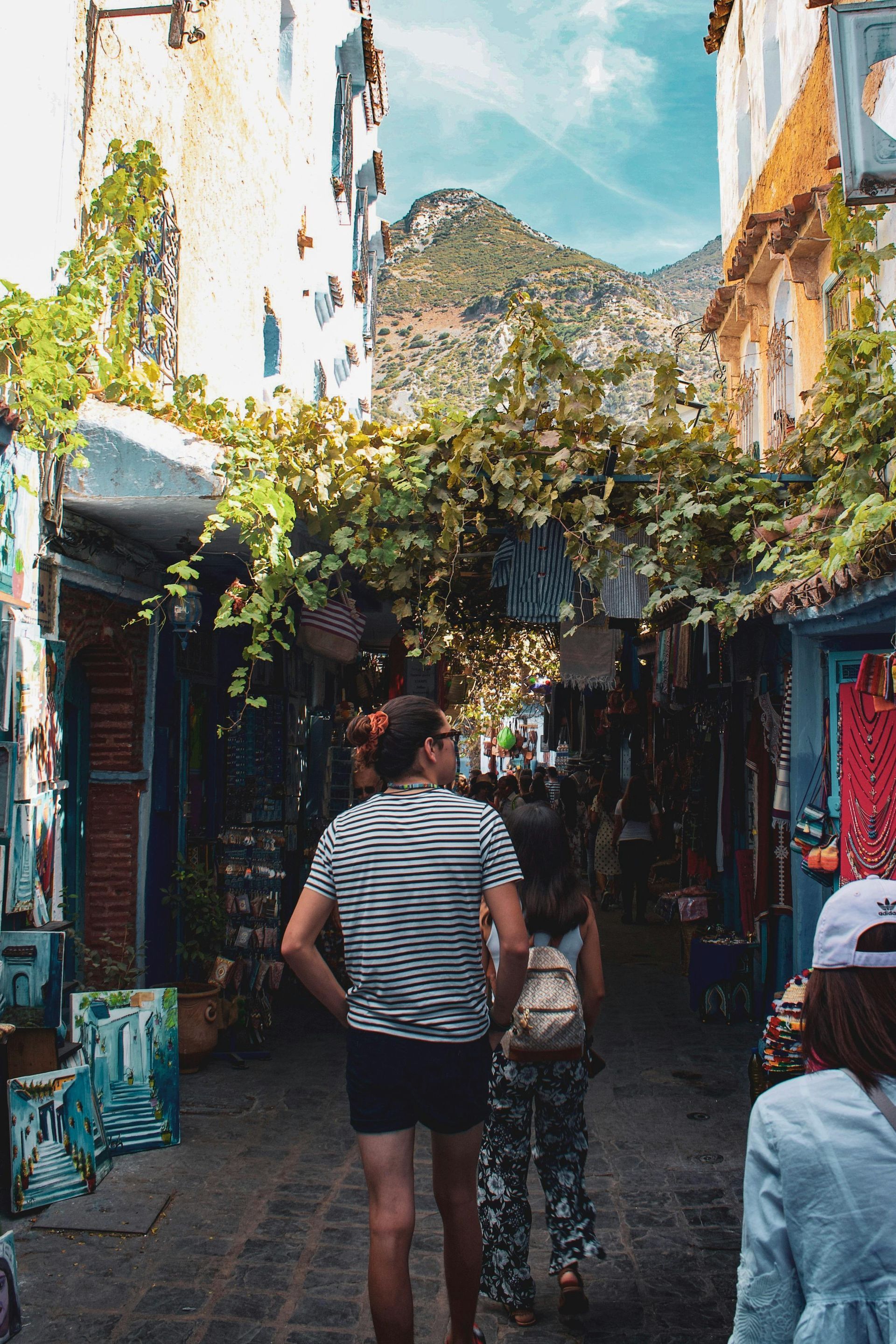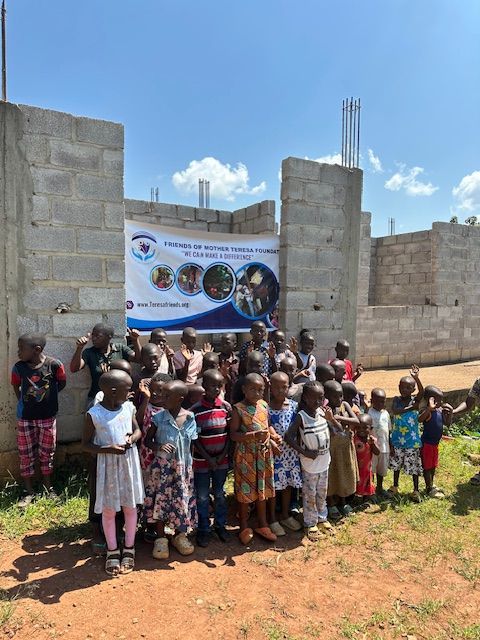A 7-Day Cultural Immersion with Locals
Designed by Banange’s Verified Locos

Description
"The Heartbeat of Uganda" is not just a trip—it’s a deep cultural dive into the soul of East Africa, designed for travelers who crave more than sightseeing. Over seven days, you’ll step out of the tourist bubble and into the daily rhythms of Ugandan life, guided by Banange’s trusted Locos - local experts, families, and change makers who open their homes, share their skills, and rewrite what it means to truly connect with a place.
This journey is built on participation, not observation. You’ll cook in bustling markets, forage in the Rwenzori foothills, dance to ancestral drumbeats, and sleep under thatched roofs—all while directly supporting women-led cooperatives, grassroots conservation, and rural homestays. No staged performances or souvenir shops; just raw, joyful humanity.
Perfect for: Travelers who believe the best souvenirs are new skills, friendships, and stories not just photos.
Itinerary
Day 1: Kampala – Arrive as a Guest, Leave as Family
- Loco Guide: Nakato, a Kampala native and feminist storyteller.
- Experiences:
Market Hop with a Chef: Buy fresh matooke (plantains) at Owino Market, then cook a traditional meal with a female-led cooperative.
Evening: Storytelling under the mango tree with Nakato’s family.
Stay: Homestay in a Kampala arts collective (sleep amid local paintings).
Day 2-3: Jinja – The Nile’s Soul
- Loco Guide: Okello, a river guide and former fisherman.
- Experiences:
Sunrise Canoe Fishing: Learn to cast nets with Okello’s uncle.
Women’s Craft Workshop: Weave baskets with the Nile Women’s Collective (profits fund girls’ education).
Optional: White-water rafting (with a local-owned operator).
Stay: Okello’s family riverside bandas (huts).
Day 4-5: Fort Portal – Farm-to-Table & Folklore
- Loco Host: Tendo, a coffee farmer and cultural keeper.
- Experiences:
Farm Day: Harvest coffee, then roast it with Tendo’s grandmother.
Evening: Perform a Runyege dance with village youth (you’ll learn the steps!).
Stay: Tendo’s farmstay (no WiFi, just fireflies and stories).
Day 6-7: Kasese – Mountains & Meaning
- Loco Guide: Biira, a Rwenzori guide and conservationist.
- Experiences:
Hike the Foothills: Forage wild berries with Biira’s foraging team.
Volunteer Half-Day: Plant trees with a women’s eco-group.
Farewell: Cook a shared meal with your Locos (everyone contributes a dish).
Stay: Community mountain huts (solar-powered).
SIGNUP FOR THIS TRIP
We will get back to you as soon as possible.
Please try again later.
ALSO INTERESTING



